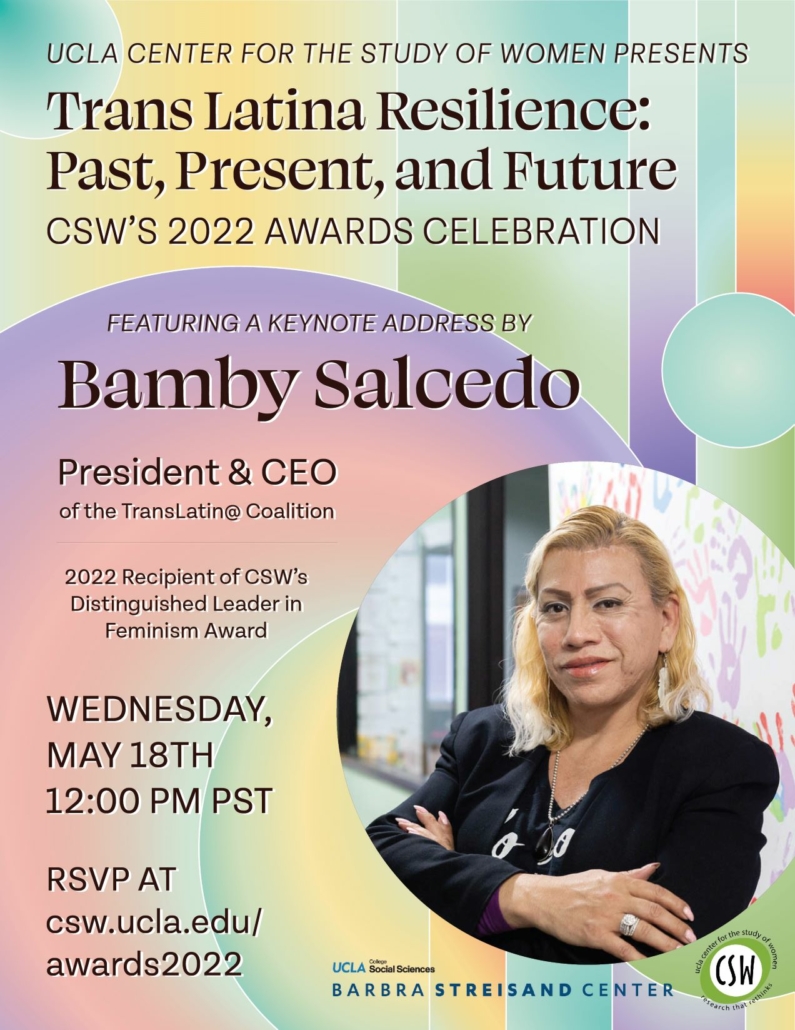 Organized and moderated by Professor Giulia Sissa (Classics, Political Science, Comparative Literature – UCLA).
Organized and moderated by Professor Giulia Sissa (Classics, Political Science, Comparative Literature – UCLA).
Follow this link to register to attend online with Zoom on May 31 starting at 9am.
“Decolonizing Classics” is a novel challenge for scholars in the Humanities and, even more pointedly, for those who study the societies of ancient Greece and Rome. The stake is not merely relevance, usefulness or epistemic legitimacy, but also political credentials. The “Classics” in education and in academia are being asked to give account of their role in shaping not just cultures, but cultural identities; not just representations, but self-representations. Multiple responses are possible, from indifference to indignation, from defensiveness to solidarity, from haughty erudition to chirpy vulgarization. But this challenge is thought-provoking rather than threatening. These historical circumstances should prompt an experimental, critical, creative meditation on our practices of learning and teaching. What can be done, what should be done and how can we act in our double life, as experts of those early global worlds and as citizens of this present, planetary world?
At the end of a long seminar on the resources of “comparative thinking,” in the UCLA Program in Experimental Critical Theory, this roundtable will start a discussion on the future of Greece and Rome in our own cultural horizon. We will begin to showcase old and new heuristic approaches, which can help us reorient our research and refresh our language in a non-ethnocentric, non-linear, non-idealizing – non neoclassical – perspective.
SCHEDULE (Pacific Time)
9:00 AM – Giulia Sissa, UCLA
9:15 AM – Zrinka Stahuljak, UCLA
9:30 AM – Manuele Gragnolati, Sorbonne Université
9:45 AM – Ute Heidmann, Université de Lausanne
10:00 AM – Discussion
10:15 AM – Marco Formisano, Ghent University
10:30 AM – Phiroze Vasunia, University College London
11:00 AM – Cléo Carastro, EHESS, Paris
11:15 AM – Renaud Gagné, University of Cambridge
11:30 AM – Tristan Bradshaw, University of Wollongong and Ben Brown, University of Sydney
11:45 AM – Discussion
12:30 PM – Conclusion
Click here to download a PDF flyer for this event.







